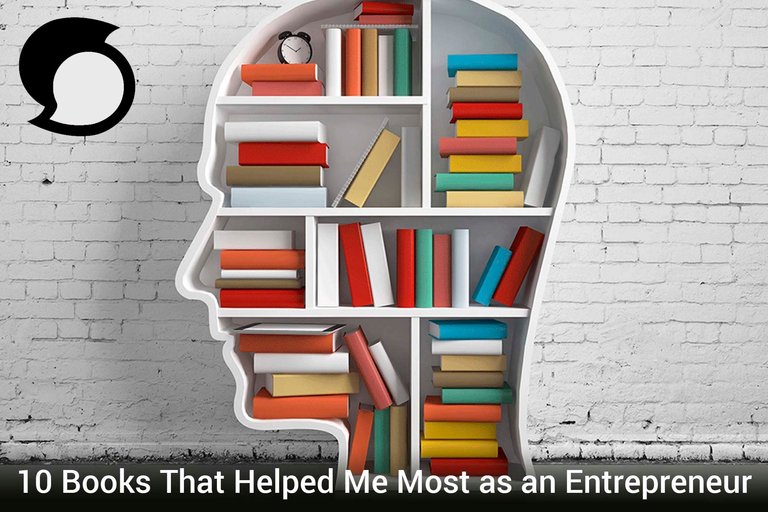
Introduction
To be successful at anything, I believe you need to always be learning. Reading or listening to books, blogs, podcasts etc. should be a constant activity in anyone’s personal and professional development in my opinion.
As an entrepreneur there is a myriad of information you need to take in as part of the learning journey. In terms of books one should read, or more specifically, books that helped me, this list could easily have been a 25, 50 or 100 books long.
However, you probably don’t have the time to read such a long blog and I certainly don’t have the time to write it!
Instead, what I have tried to do here is list out books that were essential to my development as an entrepreneur across many aspects of business. Reading any of the books in any order would be beneficial but I have tried to order these in a way that best fits the learning journey of an entrepreneur or at least a way that best fit my journey!
The point of this blog is to steer you in a direction that is hopefully useful to you but that will require you to do your own research as well. This is NOT meant to be an in-depth review of each book. Instead, I provide a brief overview of the book, explain why/how it was useful to me and provide links for you to explore further.
Before undertaking starting up a business and building it to success, you should ask yourself WHY are you creating the business in the first place. Understanding this will keep you grounded and motivated through the roller coaster ride of entrepreneurship.
This book takes that idea to a whole new level.
According to Sinek, most leaders talk about WHAT they do - the products or services that make them money. Some leaders talk about the HOW - the process they use that sets them apart. Very few leaders talk about (or even know) their WHY - the reason the business exists in the first place.
I’ll be honest, it took us a long time to clearly articulate our ‘Why’ at Jupl but once we had all agreed on this at management and board level it became our compass, helping guide many a strategic decision.
Our ‘Why’ has also seen us through difficult moments and helped retain many staff during those moments because it was our ‘why’ that led them to join the company in the first place.
I would strongly recommend you land on this before going much further down the entrepreneurial path.
The basic premise of this book is that start-ups tend to be much higher-risk endeavours than they need to be. Entrepreneurs in every setting tend to make the same mistakes. They build elaborate products before daring to test them with consumers. They make decisions based on the wrong information, and they stick with bad ideas long after they should. Their behaviour is supported by the entrepreneurial myths of innovators who persisted through endless rejection eventually to be validated by success. These rare cases, Ries writes, lead many to unnecessary failures.
Ries proposes that entrepreneurs undertake a series of small experiments instead. Entrepreneurs should create a “minimal viable product” as soon as they can and start testing it with consumers. It will be worth a thousand hours of strategising and internal analysis. Then they should keep testing every aspect of their business models.
The techniques described here were useful for us in the early conceptual phases of product design. However, whilst this theory can be applied to most aspects in business, I must admit , we struggled to adapt it to complex hardware development and selling into enterprises.
Given Ries’ software background, the principles set out in the book do lend themselves more to faster software development cycles and direct to consumer, B2C, type models. Hence, why I have listed the next book.
Lean B2B takes the Lean Startup process apart, fixes what is broken for B2B startups and then puts the parts back together. Etienne says you should treat this book like a map for your B2B startup journey because that is how he has set it all up.
He has carefully researched what successful B2B Entrepreneurs did at every stage of their startup journey, compiled case studies and then derived a lean startup process from it. So the ideal use for this book is to keep it on your desk – and whenever you seem stuck in your B2B startup journey open it and instantly get new ideas and approaches for what you are currently doing.
We have found this more applicable to our company given the complex nature and length of our sales cycles.
I was fortunate enough to be interviewed by Etienne last year. You can read or listen to that interview here.
If you are not planning on selling B2B then this book will probably not be applicable to you. However, I would encourage you to look at the rest of the ‘Lean’ series which you can check out here.
This is not one of those books you’ll read from cover to cover in a week. It’s more of a textbook, or workbook, for entrepreneurs and their management teams to work through issues involved in scaling up their businesses as they encounter them.
Harnish describes the keys to scaling up as: attracting and keeping the right people; creating a truly differentiated strategy; driving flawless execution; and having plenty of cash to weather the storms. As you would expect, there are sections devoted to each of these topics. Each section has at least three chapters and numerous worksheets to be completed. I think, if you work your way through the book, you’ll be happy you did.
I provided a copy of this to every member of my management team and we refer to it regularly. We also review aspects of the book when setting out our annual plan, milestones and budgets each year as it is a useful map to gauge where your business currently is on the growth curve and where you need to get to next.
This is by far one of the best and most powerful books I've ever read in my life. Not only have I implemented aspects of this book into my personal life but I have recommended it to countless people as well.
I’ve also installed the principles in this book into the fabric of all of our business systems and policies at work. I’ve covered these in my previous post here so I won’t cover old ground here again.
This is a must read and yet another book that I insist the everyone on my management team reads.
If you’re planning to start a company, read this book. If you’re going to be someone in charge of anything in any kind of a company, read this book.
Horowitz shares many challenges he faced in business and how he dealt with those. He also outlines many other case studies from bosses, mentors and peers. Again, you don’t need to read this one cover to cover, instead it’s one to keep handy for when you’re faced with a difficult challenge and need assistance.
You can think of it as your personal mentor and advisor to have near your desk at all times.
Up until now I’ve focused on books that address the larger aspects of business and entrepreneurship. The next series of books focus more on the implementation of certain aspects of the business.
When it comes to product development there are many books that are available depending on the nature of your business. However, one of the quintessential books on design is The Design of Everyday Things by Don Norman.
This explores the fundamental design principles through human interactions with everyday things such as doors, telephones, light and power switches. As Norman explains: “User error is really a problem of bad design.”
An absolute must read for every designer and I would highly recommend it to any product manager as well.
This book reveals the surprisingly simple truth behind extraordinary results and that is focusing on your ONE THING!
I'm a big believer in focus and eliminating distractions. I try to practice this principle, also known as the 80/20 Rule, in all aspects of my life and I believe It's helped me achieve a lot.
Gary Keller provides a lot of practical tips and strategies to identify your ONE THING and eliminate distraction. We installed this principle into our daily stand up meetings and sprint planning process so that everyone is clear on what the number one priority is at that moment in time.
How To Be A Productivity Ninja proposes the answer to your time management problems. It is a wide-ranging book looking at loads of different ways to squeeze more out of the day without having to work longer hours.
Allcott talks about using attention management instead of time management. In other words, focusing your attention on the right things, because your attention span is far more limited than the time available in a day. You can’t focus at a high level all day as your attention wanders.
This leads on from The One Thing and is very well laid out and a relatively easy read.
I debated for a while as to whether this book should be included in my top 10. In the end I think it qualifies because it focuses on finding solutions in any negotiations that benefits all parties. This can be applied to any aspect of your business from sales, supply chain to staff hiring and HR issues.
It also supports one of the main tenants in The 7 Habits of Highly Effective People which is ‘Think Win Win’
Conclusion
As I said at the beginning, this post is meant as an introduction to help you on a discovery path and I focused on the books that were most influential on me.
We keep copies of all of these books, along with many others, in our office and as I mentioned, there are some here that I got for my management team specifically as well.
There are a number of websites around citing the ‘X’ best books for entrepreneurs and I would argue that all of them are right in that they were the best books for them. They may not be the best books for you. My list above may not be the best list for you. That is for you to determine. The point is to start the learning journey. If you are considering starting your own business then chances are that you are already on that journey.
I hope this post was useful and, as always, I’d appreciate your feedback particularly if there are any books that influenced you the most already.
Take care,
Alan
Alan Brannigan
Husband, Father, CEO, Entrepreneur, Tech-Geek, Crypto Enthusiast, Believer in Freedom and Liberty
Email: nalabra@protonmail.com
Steemit - @nalabra
Referrals:

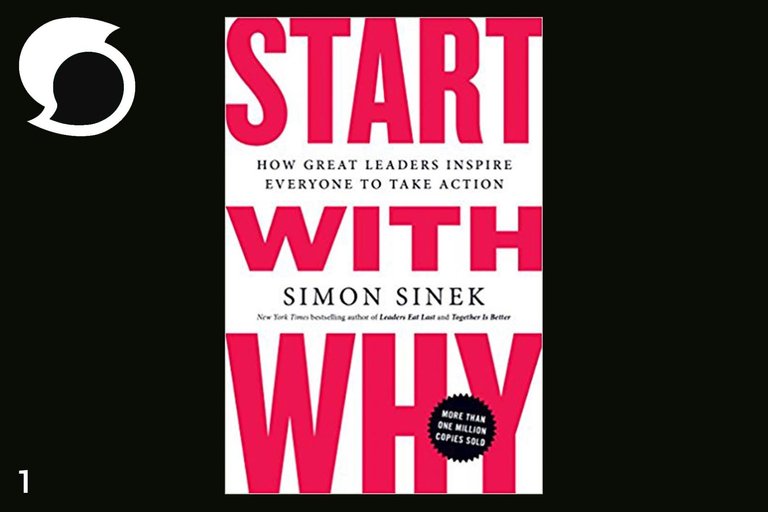
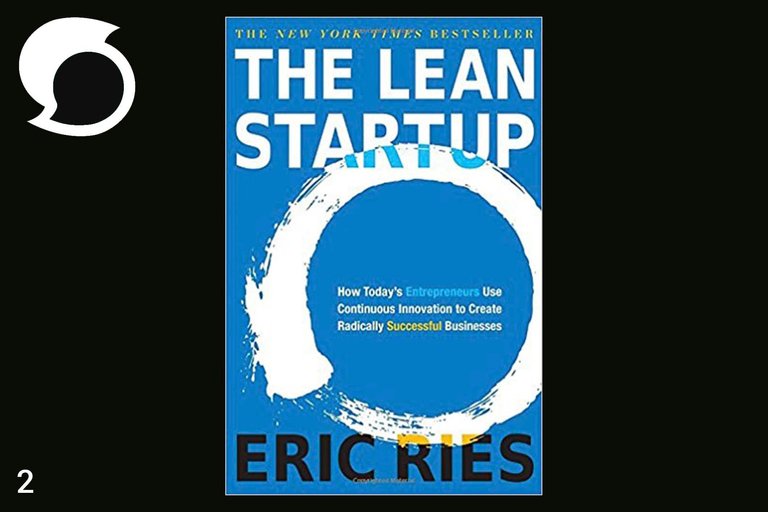
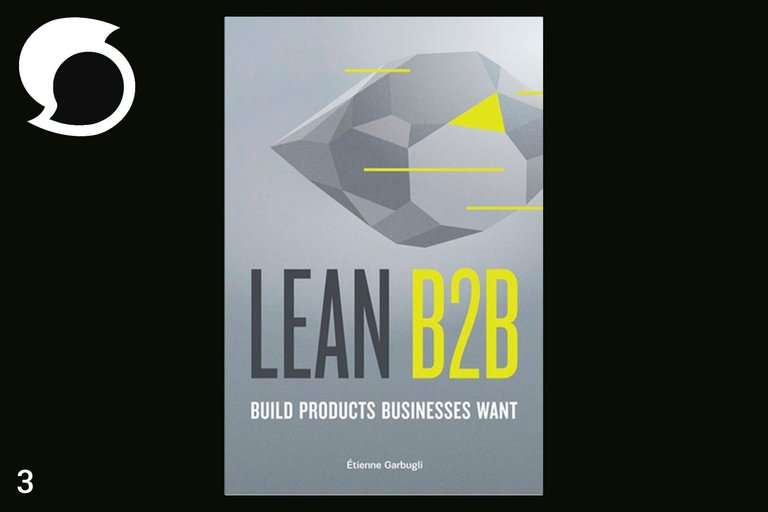
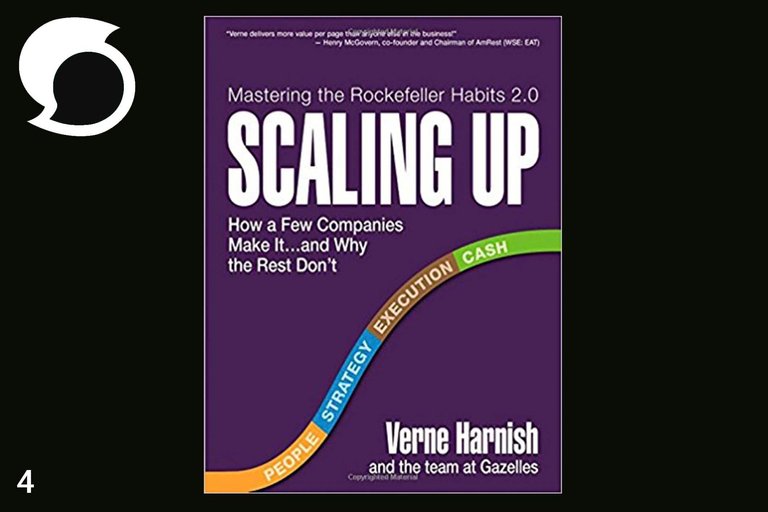
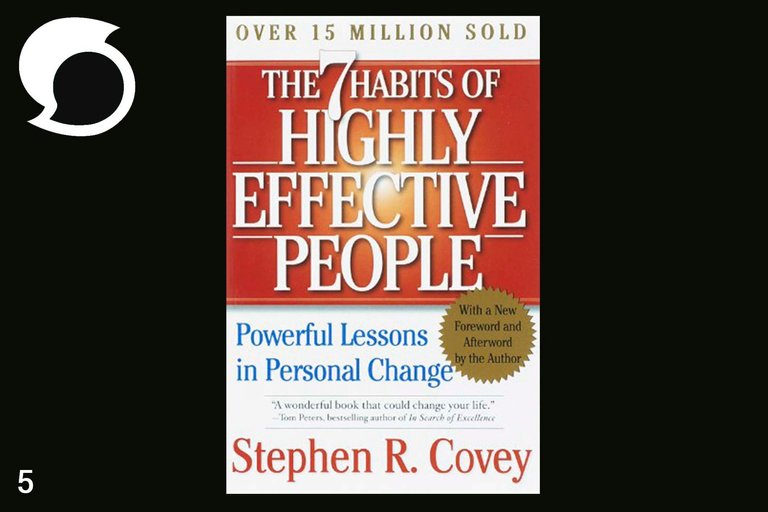
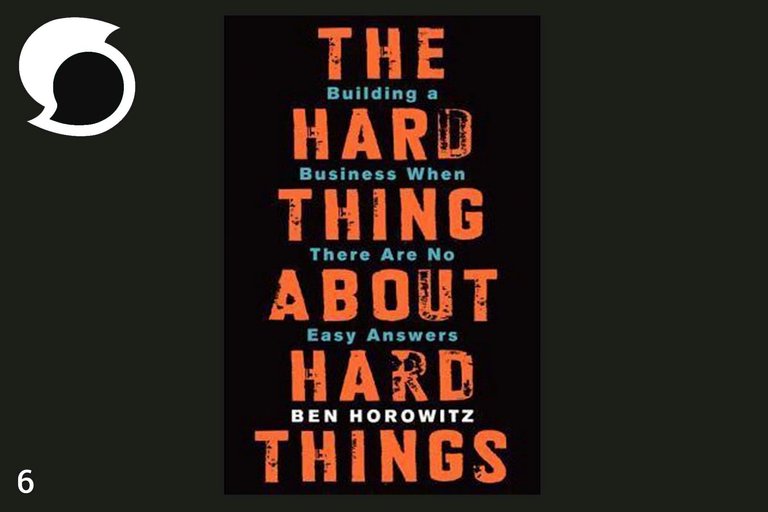
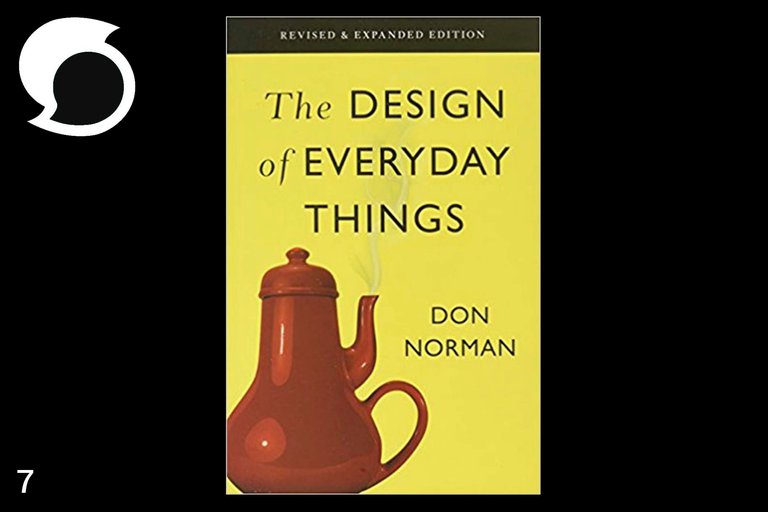
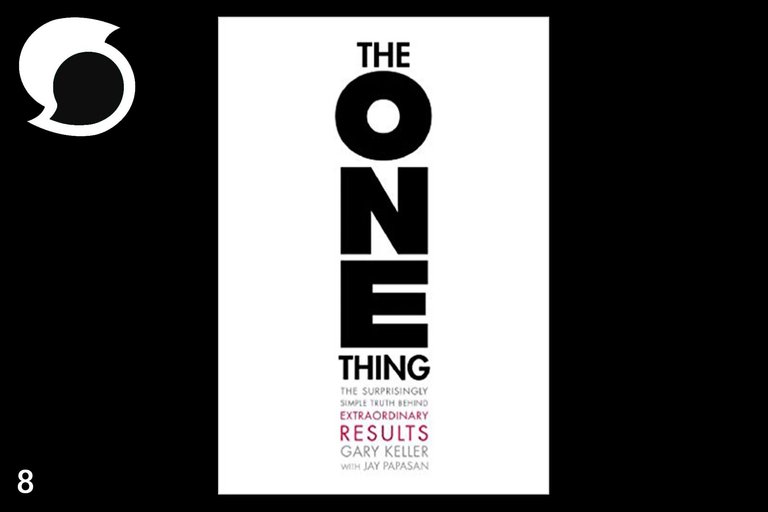
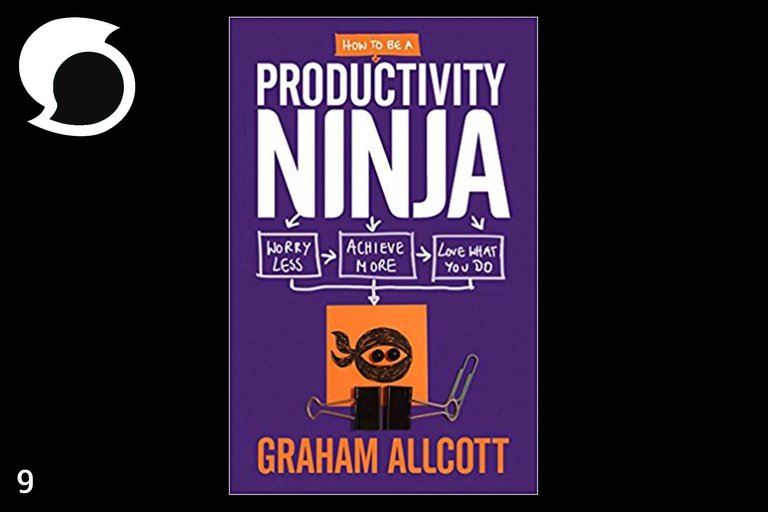
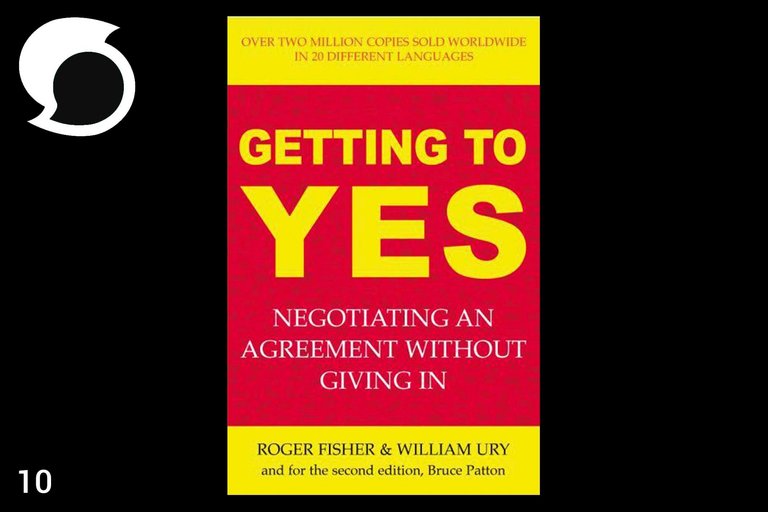
There's a Grammarly on Steemit. Lol.
Anyway, nice recommendation. The only one I've read there is the 7 habits of highly effective people. I'm currently reading Eat that frog by Brian Tracy.
Eat That Frog is still on my to read list. How is it so far? The only Brian Tracy book I have read is Focal Point which I enjoyed very much.
You have a minor grammatical mistake in the following sentence:
It should be people who instead of people which.Thank you very much for your recommendations. This post could be very useful. With regards to The 7 Habits of Highly Effective People, you are right... It should be a "must-read".
Thanks @orianaalej, agreed!
Congratulations! This post has been upvoted from the communal account, @minnowsupport, by nalabra from the Minnow Support Project. It's a witness project run by aggroed, ausbitbank, teamsteem, theprophet0, someguy123, neoxian, followbtcnews, and netuoso. The goal is to help Steemit grow by supporting Minnows. Please find us at the Peace, Abundance, and Liberty Network (PALnet) Discord Channel. It's a completely public and open space to all members of the Steemit community who voluntarily choose to be there.
If you would like to delegate to the Minnow Support Project you can do so by clicking on the following links: 50SP, 100SP, 250SP, 500SP, 1000SP, 5000SP.
Be sure to leave at least 50SP undelegated on your account.
The hard Thing About Hard Things is probably my favorite. It's already a legendary book and it's only like 4 years old. Horowitz is one of those investors who you want to listen to because he's really been in the trenches.
Yes this is one of my regular 'go tos' when faced with a challenge. He has a good way of putting things in perspective.
Thank you very much for your recommendations. I love such books, so I have just added a few to my list of "must-reads"!
Glad to hear it @freeinlife. Happy reading!
Thank you @nalabra for this post I'll be going to business school in September and I really need all the educative books I can get.
hello, i like this post, i voted for you, i have followed you, hihi you, i have a private blog about coffee in steemit, maybe you like, i will share your opinion You will know there are many good things about my coffee blog, follow me, and vote for me, thank you, make a funny steemit.